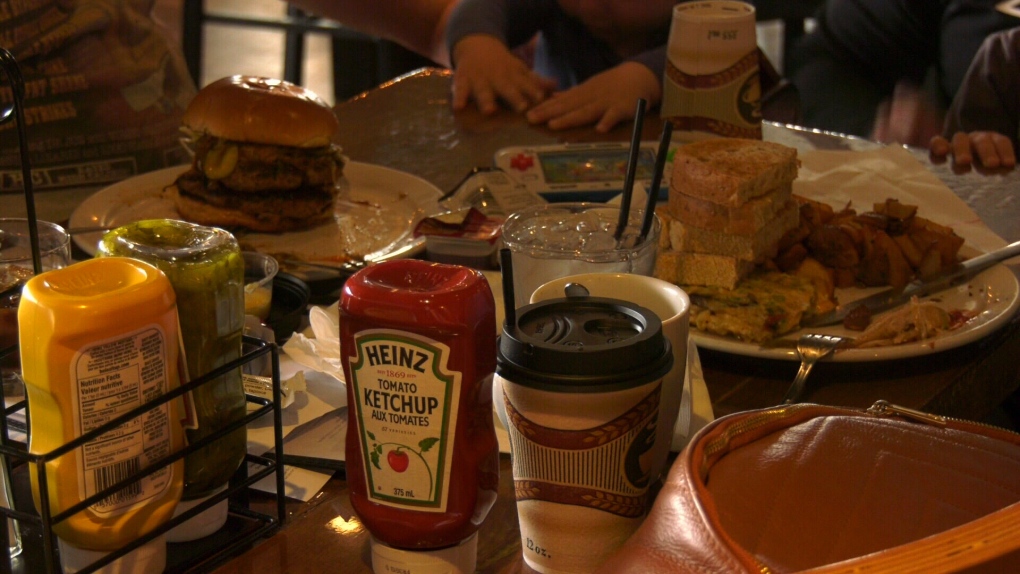“I can tell you that the people that are doing it aren’t the people who are coming here because they’re looking for a sandwich because they’re hungry,” said Ravi Ramberran, “It’s the people who are not afraid of consequences period.”
In the wake of the increase in dine and dashers, Ramberran said his restaurant has ramped up how they deal with it.
“We blast them on Facebook, we hold them, we make them wait for the cops…We do what’s in our power to do.”



I wouldn’t dream of it. I couldn’t care less about what you think. You are supposed to convince me that cooking at home is more economical.
And? The cost is the same no matter how much you use it. We call these fixed costs. They are as true in a commercial kitchen as a residential kitchen. They are, by far, the largest cost in both cases.
Okay, even if we say three meals at that price, your cost is only $15 - or $5 per meal. Remember, you kept $60 in your pocket from not owning a kitchen: 75 - 60 = 15.
A $25 breakfast sounds pretty swanky, though.
So, like, maybe $30 gross cost – or $30 profit each day (60 - 30 = 30)! Now you’re getting paid to eat!
Easier, but you lose economies of scale. Those fix costs are the same either way, so the more people you can feed, the lesser the cost per person. That $60 becomes $30 per person if you are feeding two.
This is exactly how restaurants are able to feed you for so much less. Each time they feed another customer, the fixed costs divided by each mouth fed goes down. Instead of charging you that $60 to recoup their cost, they only charge you $60 / number of customers.
If you want to set aside some criteria, then I’d be game. Are you including transportation costs per restaurant trip? “Lost wages” in the time it takes to go and then wait for your meal? Delivery fees? Etc.? If so, set out the parameters.
You look at having a kitchen as a loss, while someone else would see it as a bonus for the place you’re paying for to have a roof over your head. Even without a kitchen you could make meals in your bedroom using a simple pressure cooker, or more if you want to expand on your options.
So, if you want to go that route, a kitchen is zero cost, because you can use whatever room you sleep in.
Again, zero cost kitchen per above. You’d be overspending far more than $60 per day, and you’re getting a (likely) unhealthy meal.
Per above, you’re spending specifically more!
No, because rather than making many meals for many people, you’re making many meals for one. No added cost necessary.
Yeah, $20 pasta, $15 sandwich, $6 lattes, $8 for home fries, $3 for pop… much less than what? A banquet wedding dinner? LOL